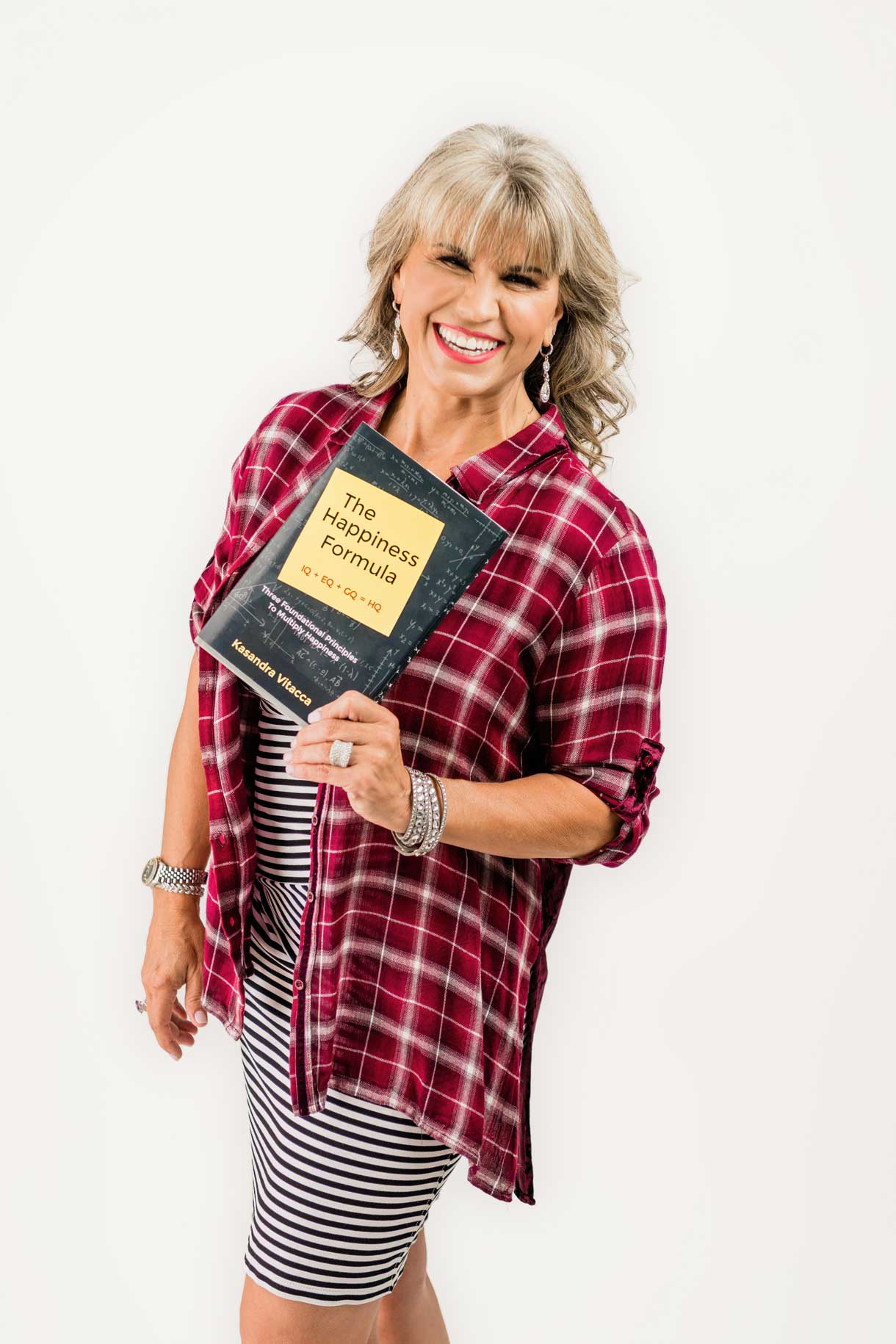Is it Self-Care or Narcissism?

The problem in America isn’t so much what people don’t know, the problem is what people think they know that just ain’t so. (Will Rogers)
Insufficient facts always invite danger. (Spock)
When I wrote “The Happiness Formula” it never dawned on me that it is part of the “self-care” trend. In hindsight, of course it is a guide to self-care, it is the essence of caring for self – finding your “happy” in all areas of your life. Thus, when I came across the research stating “Google searches for ‘self-care’ hit a 14-year high in September,” and, “Apple even named self-care its ‘2018 App Trend of the Year’,” I had to look into this term a bit more. To my chagrin but not surprisingly, this term has been so usurped by the masses that the purpose of “self-care” has been lost.
“Self-care is about taking care of yourself so that you can be there for other people,” said Maria Baratta, a licensed clinical psychologist in New York. “Narcissism is about putting the self first, but not in a way that benefits anyone but the self.”[1]
If you do not know the purpose of a thing, an effort, an idea, inevitably that thing, the effort you expend, the idea you espouse will veer off the path of perfection, you will miss the intended mark…you will “sin.” Chata – to sin – is to veer off the path of perfection, to miss the mark as one shoots an arrow in archery eager to hit the center point. Everything in life has a purpose and so often we get so distracted by all the noise around us we lose sight of the glory and abundance The I Am planned with regard to every thing, effort, and idea.
Our focus on self-care, while logical and reasonable, (ie: put the oxygen mask on yourself before helping another), can turn to selfishness and narcissism and ultimately, not getting what you REALLY want, if we don’t keep the end goal in mind – helping others.
Christine Carter, a sociologist and senior fellow at UC Berkeley’s Greater Good Science Center says, “Self-care that benefits the mind and the body fosters an authentic positive emotion — like gratitude, contentedness, compassion, elevation or inspiration. These positive emotions reduce stress by bringing the heart rate down, reducing blood pressure and calming the nervous system.”
Excess, however, can have a very different physiological impact. “Indulgence is the extreme end of pleasure — those things activate the reward system [which] can be very gratifying, but in the end it tends to create more stress, because that dopamine hit you got because of the new shoes that you bought yourself ultimately creates craving and desire — it’s never enough,” Carter said. “Pleasure and luxury can feel good in the moment, but it leaves you wanting more.”
In the chapter “You Too Have Superpowers” in my book “The Happiness Formula,” I reference “The Stanford Marshmallow” experiment which confirms, those who are most able to delay gratification in lieu of a perceived greater reward in the future, are more successful in all major life areas. When one has a vision that is greater than the moment, especially as it pertains to enhancing the lives of others, one is actually capable of doing more for others and, in turn, him/herself!
[1] https://amp.usatoday.com/amp/2606039002

I’m excited to walk this journey with you as we unveil the practical and research-based information on how to achieve that which we all desire for ourselves and others – to be “happy”. We discover that happiness is attainable and, better yet, sustainable, as long as one is willing to do the work. In my book “The Happiness Formula”, I dive into each element in detail. Order your copy of “The Happiness Formula”, click here and subscribe to my YouTube Channel (click here) for continued insights and updates into HAPPINESS. Thank you for your support!
Kasandra Vitacca Mitchell
Kasandra Vitacca Mitchell is an Author, Speaker, Coach of Wealth & Happiness with a mission to bring research, wisdom, and authenticity to others via “The Happiness Formula.”



